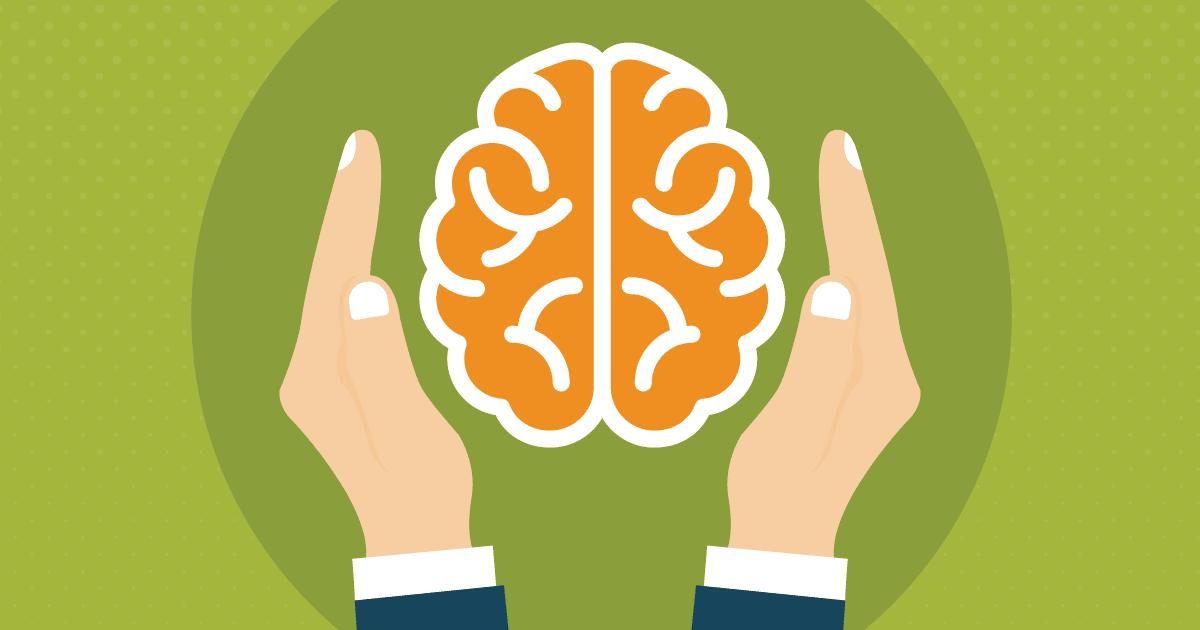As millions of Americans continue to grapple with the mysterious and debilitating effects of long COVID, a recent advisory from the Substance Abuse and Mental Health Services Administration (SAMHSA) is offering crucial guidance to physicians on identifying mental health symptoms associated with the condition.
Released in June as part of the Biden administration’s long COVID research action plan, these guidelines aim to provide a framework that helps medical professionals, patients, and providers better understand and manage the mental health symptoms linked to long COVID, including anxiety, fatigue, obsessive-compulsive disorder, and post-traumatic stress disorder (PTSD), among others.
Dr. Serena S. Spudich, a professor of neurology at Yale School of Medicine, underscores the significance of these guidelines, stating, “They validate and create categories for these conditions, and then provide some kind of guidance about how to manage them.”
This guidance is particularly critical because individuals suffering from long COVID often experience debilitating mental and behavioral health symptoms, demanding immediate attention and care.
Molly Sanborn, a Public Health Analyst at SAMHSA, emphasizes their commitment to prioritizing the identification and treatment of individuals dealing with the mental and behavioral health aspects of long COVID.
She acknowledges the severe impact these symptoms can have on individuals and highlights the pressing need for effective interventions.
Dr. Spudich explains that long COVID symptoms often blur the lines between what was traditionally considered psychiatric or psychological issues and neurological concerns. Many times, these conditions overlap, such as the co-occurrence of depression and brain fog.
A meta-analysis conducted in October 2021, published in the Journal of the American Medical Association (JAMA), revealed that around one in three COVID-19 survivors were diagnosed with generalized anxiety disorders, while one in five were diagnosed with depression.
Long COVID also takes a toll on cognitive function, affecting concentration, causing brain fog, and impacting memory.
A study conducted at the Mount Sinai Health System found that eight months after infection, at least one cognitive impairment was present in 25 percent of COVID-19 survivors.
Dr. Spudich underscores the profound implications of cognitive challenges on mental health. She explains that these challenges may be due to disruptions in communication between brain nerves or changes in blood vessels that affect blood flow to the brain.
In their new guidance, SAMHSA explicitly urges healthcare providers, especially primary care physicians, to actively look for and document symptoms or potential symptoms of long COVID in their patients.
The guidance acknowledges that the management of long COVID requires a multidisciplinary approach, given its impact on multiple organ systems. Primary care physicians are expected to play a crucial role in this effort.
The SAMHSA guidance emphasizes the importance of providing information in accessible formats, including resources for clinical trials and support groups.
However, it also highlights the potential for appointment backlogs, with neuropsychologists, behavioral neurologists, and psychiatrists being in high demand. These delays in appointments can further prolong patients’ options for recovery.
To address this issue, the guidance suggests integrating specialists into primary care settings to expedite the diagnosis and treatment process. This collaborative approach ensures that patients receive timely and comprehensive care.
Furthermore, SAMHSA’s guidance underscores the impact of social determinants of health on long COVID outcomes, exacerbating disparities among vulnerable populations.
Structural, social, and health inequities have made Black, Latino, and American Indian/Alaskan Native populations more susceptible to higher levels of disease transmission and long COVID.
These populations are 1.5 to 1.6 times more likely to experience long COVID than white individuals. Access to mental health care also poses a barrier for certain racial and ethnic groups, exacerbating these disparities.
In conclusion, while many questions remain unanswered, experts emphasize the importance of acknowledging that long COVID can profoundly affect mental health.
The SAMHSA guidance provides a crucial step forward in recognizing and addressing these often misunderstood symptoms.
It aims to ensure that fewer individuals fall through the cracks and that those suffering from long COVID receive the care and support they desperately need.










